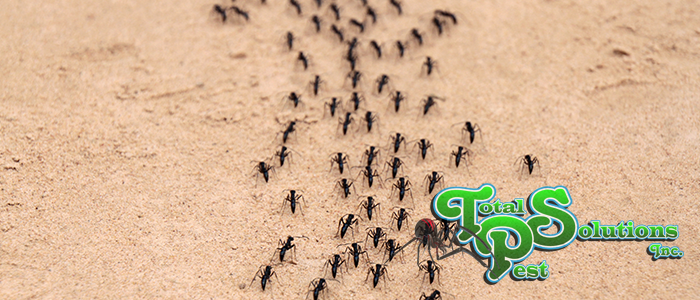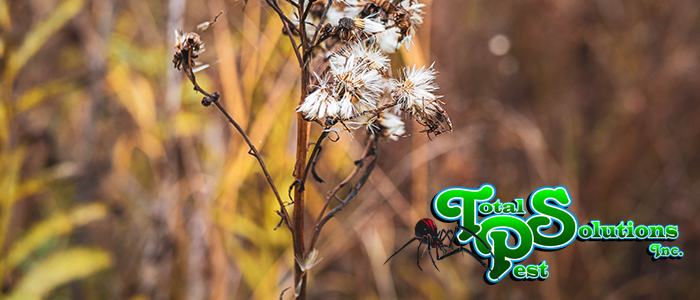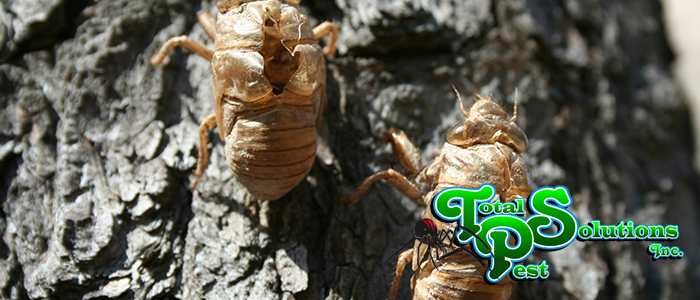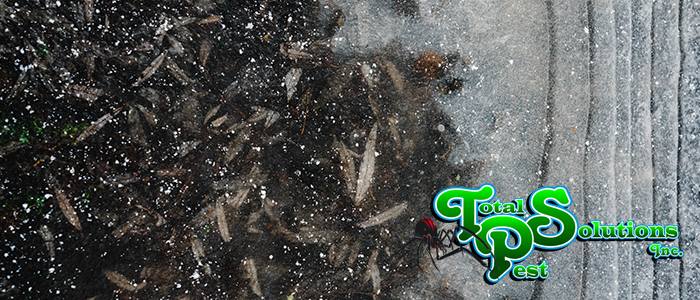
Can You Get Ants in the Winter?
It’s normal to see ants during the warmer months, with lines of ants and randomly zooming workers darting about and building hills in your lawn – And the unfortunate reality is that you can see them indoors a whole lot, too! Of course, it’s always alarming when they have a single file line leading right up into your pantry, but at least you can rest easy in the winter, right?
Right?
Well – You might have a big problem on your hands if you see them in the cold months.
What Do Ants Do in the Winter?
When the temperature drops to a certain point, most ant species will go into a mode similar to hibernation. They get colder, become slower, and seal the entrances to their nests. Then, depending on the species, they start digging deeper into the warm earth or deeper into tree bark and wood. These pests have fairly simple little bodies, so they can survive for long periods without food if they aren’t very active. In the months leading up to winter, they eat more and more food to build up fat reserves. This preparation is part of the process, and after sealing up the nest, they huddle in groups around the queen – Trapping heat around themselves and protecting the queen. They become their insulation and take it easy for the winter.
So what gives? Why are you seeing ants in the cold months?
Why Do I Have Ants in December?
Well, you could see ants for a few reasons. In the warmer parts of the state, ants might not feel the need to hibernate at all unless a freak cold snap hits the state – Like the time it snowed for an hour in Miami in 1977. After the heat returns to livable levels, ants leave the nest to look for more food and then return to the nest when cold conditions start again. You’ll see them outside more often than indoors in situations like this since they won’t tend to go far from the nest.
If you see them inside, however, you’ll want to keep a couple of things in mind: It’s always warm enough to be active in your home, and they’ve probably started a colony indoors. You won’t have ants coming inside from outside during the winter, but if they set up shop, you’ve got a real issue on your hands.
What Can Be Done?
Avoiding indoor ants in the summer will keep them from colonizing – Especially when winged ants start looking for places to start a nest. If the problem already exists, you could try commercial products. Unfortunately, many products fail to kill the colony, even if advertised to do just that, because these insects tend to keep sick individuals outside of the colony. Additionally, repellents might get rid of a colony, but they will spread it out, causing ants to flee to other rooms and spread the problem. Instead, consider professional help! Having ants in your home can cause real damage – Carpenter ants can even cause structural damage to wooden structures that can lead to collapse, mold, and other forms of decay, inviting in other pests.
Don’t gamble on stowaways this winter. If you see ants milling about inside when it gets cold, call Total Pest Solutions before the new queens mature and take over even more territory!
continue reading
Related Posts
Auburndale’s Winter Weed Resurgence: Targeting Poa Annua As the vibrant
Davenport’s Pine Beetle Threats: Protecting Trees in Dormant Season As
Winter Roach Hotspots in Lakeland: Kitchen & Bathroom Prevention As







